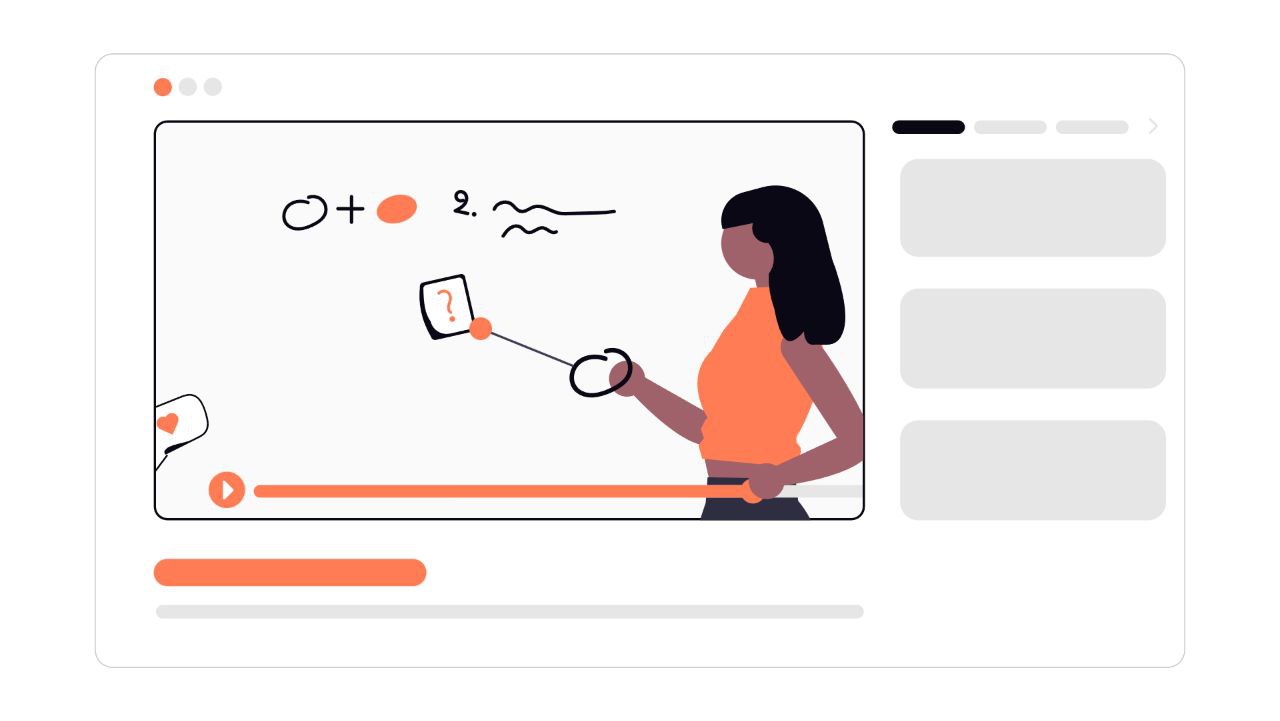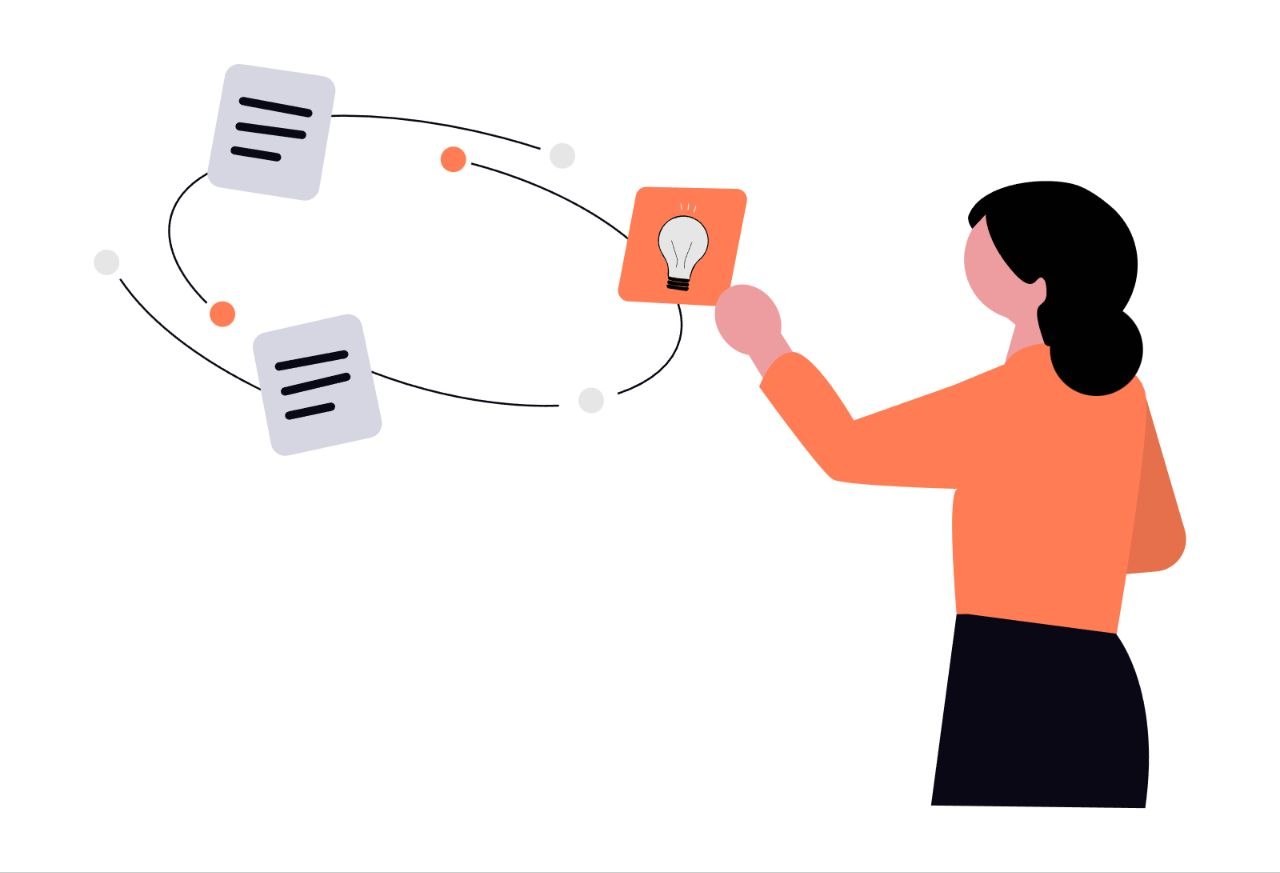How to Speak English Fluently: 7 Expert Tips That Actually Work
Speaking English fluently is the goal of millions of learners worldwide. But fluency isn’t just about vocabulary or grammar—it’s about confidence, flow, and connection. If you’re preparing for the IELTS, TOEFL, or simply want to become a better communicator, this guide shares 7 proven tips that will get you results.
What Does It Mean to Be Fluent in English?
Fluency means being able to speak smoothly and confidently in real-time, without constantly translating from your native language. A fluent speaker can:
- Express thoughts clearly in different situations
- Keep a conversation going without awkward pauses
- Understand and respond to native speakers naturally
You don’t need perfect grammar to be fluent. In fact, some of the most fluent English speakers still make small grammar mistakes—but they can speak clearly and connect easily.
Tip 1: Practice Speaking Every Day—Even 5 Minutes Helps
Daily speaking builds fluency like nothing else. Even if you’re shy or busy, just 5 minutes a day of focused speaking can improve your confidence.
Use USpeak to talk with real learners in daily sessions. Or, simply describe what you’re doing aloud: “I’m making coffee… now I’m pouring water…” It’s simple, but effective.
Tip 2: Stop Translating in Your Head
One major fluency blocker is constantly thinking in your native language before speaking. Instead, train yourself to think directly in English. Here’s how:
- Use flashcards with images—not translations
- Describe your surroundings using only English
- Watch English media without subtitles
Fluency means speaking without hesitation. Thinking in English makes this possible.
Tip 3: Use Full Phrases Instead of Individual Words
Learn useful expressions like:
- “In my opinion…”
- “I’d rather not…”
- “The main reason is…”
These language “chunks” help you sound more natural and reduce the time it takes to form sentences.
Tip 4: Record Yourself and Listen Back
This is one of the most powerful methods to identify what’s blocking your fluency. Choose a topic (e.g., “Describe your favorite movie”), record yourself speaking for 1–2 minutes, and listen carefully:
- Did you hesitate?
- Did you use filler words like “um” or “like”?
- Were your sentences clear?
Apps like USpeak include tools to help you practice and track your speaking over time.
Tip 5: Practice With Fluent Speakers or Speaking Partners
Speaking to yourself helps—but you need real interaction to develop fluency. Use apps like USpeak to find speaking partners preparing for the same exams. This allows you to:
- Get feedback from others
- Ask and answer questions naturally
- Stay motivated and consistent
Look for partners close to your level so the conversation flows easily.
Tip 6: Shadow Native Speakers
Shadowing means listening to a native speaker and repeating everything they say, word for word, as closely as possible. This builds your:
- Pronunciation
- Rhythm and stress
- Speaking speed
Try shadowing YouTube videos, podcasts, or even TED Talks. Pause after each sentence, repeat, and mimic their tone.
Tip 7: Use the Right Apps That Focus on Speaking
Many language apps focus only on vocabulary or grammar. But for fluency, you need real conversations. That’s why apps like USpeak are built for speaking from day one. With features like:
- Speaking partner match-ups
- Daily IELTS/TOEFL-style speaking prompts
- One-on-one or group video/audio calls
USpeak ensures that your learning is practical, not just academic.
Bonus: Fluency Comes from Mistakes—So Make Them
Don’t wait until your grammar is “perfect” to start speaking. Make mistakes proudly—that’s how fluency happens. Even native speakers make grammar errors when they speak casually.
The more mistakes you make, the more you’ll learn. The key is to stay consistent and reflective.
Conclusion: You Can Become Fluent in English
Fluency is not a gift—it’s a skill you can build with the right practice. Speak daily, find partners, and use tools like USpeak to guide your journey.
Start Speaking Fluently With USpeak Today
Download USpeak and start your fluency journey. Whether you're preparing for IELTS or just want to improve your confidence, we’re here to connect you to real conversations that help you grow.


